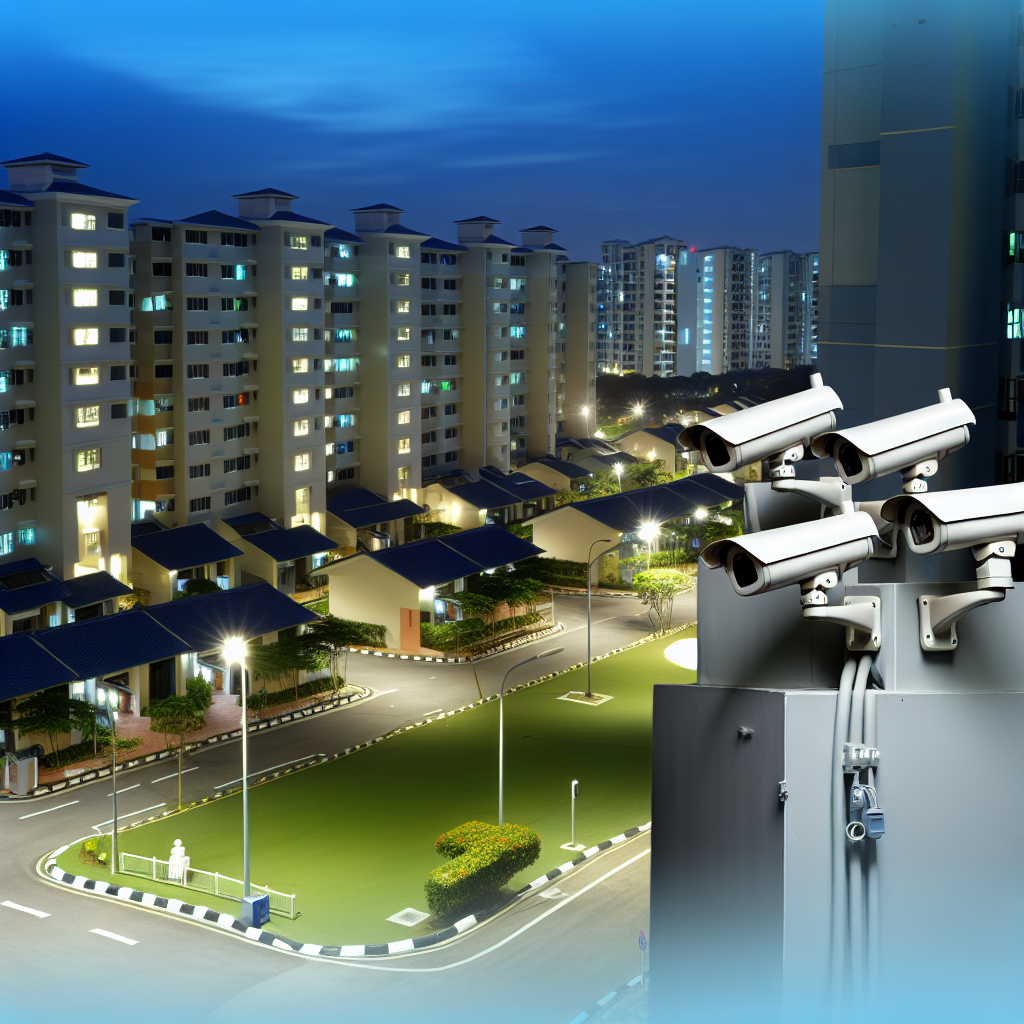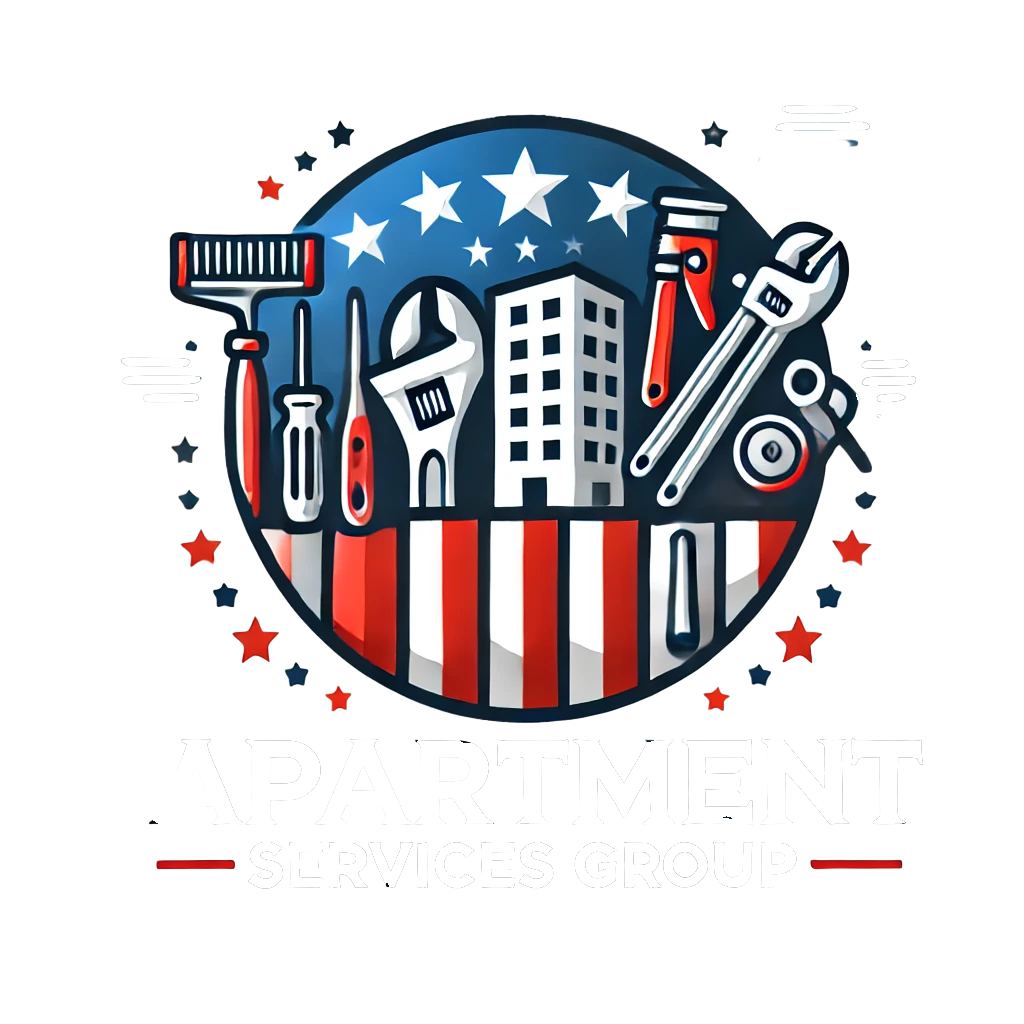How 24/7 Surveillance Enhances Apartment Security And Community Safety
The implementation of 24/7 surveillance in apartment complexes plays a pivotal role in enhancing both individual security and overall community safety. As urban populations continue to grow and residential buildings become more densely populated, the need for constant monitoring has become increasingly apparent. Around-the-clock surveillance not only deters criminal activity but also fosters a sense of security among residents, contributing to a more cohesive and vigilant community environment.
One of the most immediate benefits of 24/7 surveillance is its deterrent effect on potential criminal behavior. The presence of visible cameras and the knowledge that activities are being continuously monitored discourage unauthorized access, vandalism, theft, and other illicit actions. Criminals are far less likely to target a property that is under constant watch, as the risk of being identified and apprehended increases significantly. This proactive approach to crime prevention helps reduce incidents before they occur, rather than merely responding to them after the fact.
In addition to deterring crime, continuous surveillance provides valuable evidence in the event that an incident does take place. High-definition video footage can be instrumental in identifying suspects, understanding the sequence of events, and supporting law enforcement investigations. This not only aids in the swift resolution of cases but also reinforces a sense of justice and accountability within the community. Residents are more likely to feel protected when they know that any suspicious activity can be reviewed and addressed promptly.
Moreover, 24/7 surveillance contributes to the overall management and maintenance of apartment complexes. Property managers can monitor common areas such as lobbies, parking lots, and recreational facilities to ensure that they are being used appropriately and remain in good condition. This oversight helps in identifying maintenance issues early, enforcing community rules, and ensuring that shared spaces are safe and welcoming for all residents. As a result, the quality of life within the community is significantly enhanced.
Another important aspect of continuous surveillance is its role in emergency response. In situations such as fires, medical emergencies, or natural disasters, real-time monitoring allows for quicker detection and response. Security personnel or emergency services can be alerted immediately, potentially saving lives and minimizing damage. This rapid response capability is especially crucial in large apartment complexes where timely communication can be challenging.
Furthermore, the presence of 24/7 surveillance fosters a culture of accountability and mutual respect among residents. Knowing that communal areas are monitored encourages individuals to act responsibly and considerately. This can lead to a reduction in noise complaints, disputes, and other disturbances that may otherwise disrupt community harmony. Over time, this contributes to a more peaceful and cooperative living environment.
In conclusion, the integration of 24/7 surveillance systems in apartment complexes serves as a comprehensive strategy for enhancing security and promoting community well-being. By deterring crime, providing critical evidence, supporting property management, enabling swift emergency response, and encouraging responsible behavior, continuous monitoring plays an essential role in creating safer and more resilient residential communities. As technology continues to advance, the effectiveness and accessibility of these systems are likely to improve, further solidifying their place as a cornerstone of modern apartment security.
The Role Of Security Guards And Patrol Services In Strengthening Residential Security

The presence of 24/7 security plays a pivotal role in enhancing community safety, particularly through the deployment of security guards and patrol services in residential areas. As urban populations grow and neighborhoods become more densely populated, the need for constant vigilance and proactive security measures becomes increasingly important. Security guards and patrol services serve as the frontline defense against potential threats, offering both a visible deterrent to criminal activity and a rapid response mechanism in the event of an incident.
One of the primary advantages of having security personnel on duty around the clock is the continuous monitoring of the premises. Unlike surveillance systems that may only record events, security guards are trained to assess situations in real time and take immediate action when necessary. This real-time intervention capability significantly reduces the window of opportunity for criminal behavior, such as theft, vandalism, or unauthorized entry. Moreover, the mere presence of uniformed guards often discourages would-be offenders from targeting a community, as the risk of apprehension increases substantially.
In addition to deterring crime, security patrols contribute to a heightened sense of safety among residents. Regular patrols, whether conducted on foot, by bicycle, or in vehicles, ensure that all areas of a residential complex are routinely checked for suspicious activity or safety hazards. This consistent oversight not only helps in identifying and addressing potential security breaches but also fosters a sense of trust and reassurance among community members. Residents are more likely to feel secure in their homes when they know that trained professionals are actively safeguarding their environment.
Furthermore, security guards often serve as the first point of contact in emergency situations. Whether dealing with medical emergencies, fire alarms, or disturbances, their training enables them to respond swiftly and effectively. Their ability to coordinate with local law enforcement and emergency services ensures that incidents are managed efficiently, minimizing potential harm and disruption. This level of preparedness is especially crucial during nighttime hours when other community resources may be limited.
Another important aspect of 24/7 security is the role it plays in enforcing community rules and regulations. Security personnel can monitor access points, verify visitor credentials, and ensure that communal spaces are used appropriately. By maintaining order and addressing minor infractions before they escalate, security guards help preserve the quality of life within the community. Their presence also supports property management efforts by providing detailed reports and feedback on security-related issues, which can inform future safety strategies.
Moreover, the integration of security guards with modern technology enhances their effectiveness. Many patrol services now utilize GPS tracking, mobile reporting tools, and surveillance integration to improve communication and accountability. These advancements allow for more efficient coverage of large residential areas and enable quicker response times. As a result, communities benefit from a comprehensive security approach that combines human vigilance with technological support.
In conclusion, the continuous presence of security guards and patrol services significantly strengthens residential security. Through deterrence, rapid response, rule enforcement, and technological integration, 24/7 security fosters a safer and more stable living environment. As communities continue to prioritize safety, the role of dedicated security personnel remains an essential component in protecting residents and enhancing overall quality of life.
Leveraging Security Technology For Continuous Community Safety
In an increasingly complex world, ensuring the safety of communities has become a top priority for local governments, residential associations, and private organizations alike. One of the most effective strategies for enhancing community safety is the implementation of 24/7 security systems. By leveraging advanced security technology, communities can maintain a constant state of vigilance, deter criminal activity, and respond swiftly to potential threats. This continuous approach to safety not only protects residents and property but also fosters a greater sense of trust and well-being among community members.
Modern security technology plays a pivotal role in enabling round-the-clock protection. Surveillance cameras equipped with high-definition imaging and night vision capabilities allow for real-time monitoring of public spaces, entry points, and high-risk areas. These systems can be integrated with motion sensors and artificial intelligence to detect unusual behavior, automatically alerting security personnel or law enforcement when necessary. As a result, potential incidents can be addressed before they escalate, significantly reducing the likelihood of harm or property damage.
In addition to surveillance, access control systems contribute to continuous community safety by regulating who can enter specific areas. Keycard entry, biometric scanners, and mobile access apps ensure that only authorized individuals can gain access to residential buildings, gated communities, or restricted zones. These technologies not only prevent unauthorized entry but also create a digital record of access events, which can be invaluable during investigations or audits. Furthermore, integrating these systems with centralized management platforms allows for seamless coordination and oversight, enhancing the overall efficiency of security operations.
Another critical component of 24/7 security is the use of emergency communication systems. These include panic buttons, intercoms, and mobile alert applications that enable residents to quickly report suspicious activity or request assistance. When connected to a centralized monitoring center, these tools ensure that help is dispatched promptly, minimizing response times and potentially saving lives. Moreover, the presence of such systems can serve as a deterrent to would-be offenders, who are less likely to act when they know that any incident will be swiftly addressed.
The benefits of continuous security extend beyond immediate threat mitigation. Over time, the presence of 24/7 security fosters a culture of safety and vigilance within the community. Residents become more aware of their surroundings and more likely to report concerns, contributing to a proactive approach to safety. Additionally, the data collected through surveillance and access control systems can be analyzed to identify patterns, assess vulnerabilities, and inform future security strategies. This data-driven approach allows for continuous improvement and adaptation to emerging threats.
Ultimately, the integration of advanced security technology into a 24/7 framework transforms community safety from a reactive to a proactive endeavor. By maintaining constant oversight, enabling rapid response, and fostering a culture of awareness, these systems provide a robust foundation for long-term safety and resilience. As technology continues to evolve, communities that embrace these innovations will be better equipped to protect their residents and maintain a secure, welcoming environment for all.
Enhance your neighborhood’s protection—discover how 24/7 security transforms community safety by deterring crime, increasing peace of mind, and fostering a secure environment for all residents.
Get a Free Security Quote Today






